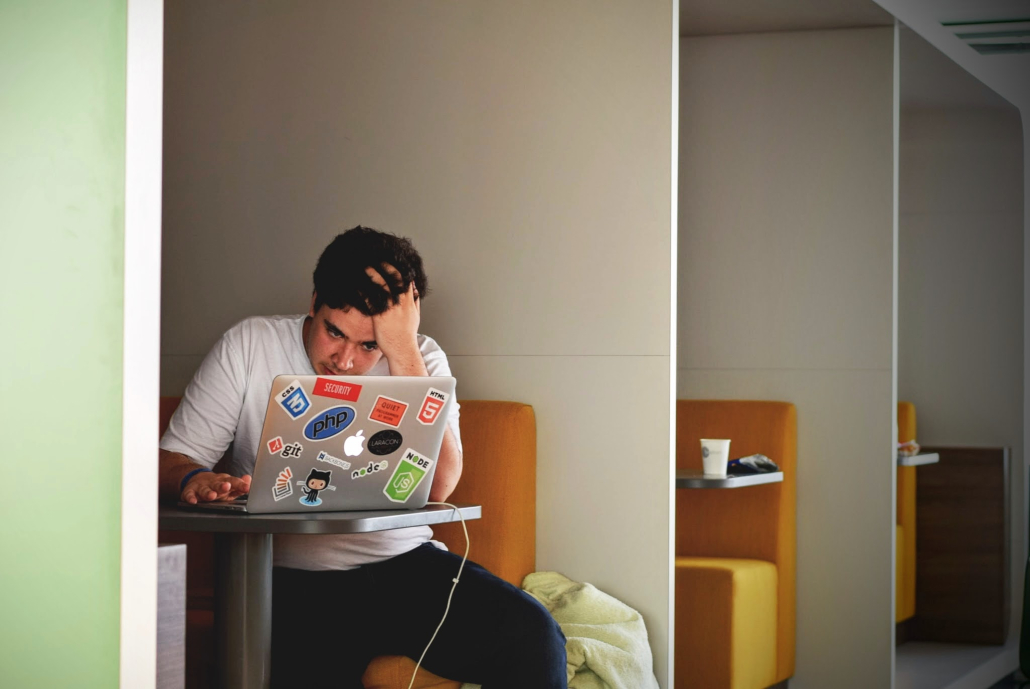Where is the Undocumented Trojan Support Center?

More than 427,000 undocumented students attend higher education nationwide, comprising 2% of all students who attend higher education in the United States, according to a College Campaign report. However, the number of undocumented students who graduate is much less than that, as they face social, emotional and legal barriers during their academia. Despite this fact, through the years, colleges have shown support for these students by creating resource centers that provide services for their time in academic guidance. These services provide Deferred Action for Childhood Arrivals renewal, internships, scholarships and graduate school planning, which many undocumented students have found to be a struggle in searching for as many require social security or U.S. citizenship.
With students being heavily impacted by underrepresentation and acknowledgment by their administration, many UC schools have implemented these centers on their campuses to further expand inclusivity and resources. Schools such as UC Davis, UC Berkeley and UCLA have centers that provide academic guidance, financial aid guidance, legal services, health counseling and employment and career advancement — all services which Improving Dreams, Education, Access and Success at USC proposed in the fall 2019 to President Carol Folt and former vice president for Student Affairs Winston Crisp.
The undocumented experience for students is one that is not discussed in rooms as much as it should be. Filling out financial aid and the constant stress of figuring out how Congress will continue with DACA are constantly on the minds of students. When schools implement a center for a focus on supporting these students, they are crafting a solution and inclusivity in resources.
“The AB540 and Undocumented Student Center at UC Davis takes the edge off my fall quarter stress,” Joshua Melendez, an undocumented freshman student at UC Davis, said. “I know as a student I can take advantage of their resources through tutoring, advising, financial aid advising, mental health initiatives, etc. The center promotes inclusivity and helps students foster a sense of belonging.”
Recently, the reminder to put a on my hold social security was brought to my attention by a club that seeks a challenge in including undocumented students. IDEAS is an organization on campus that aims to create a safe environment for undocumented students and allies. For the past years, they have hosted UndocuGraduations — a special ceremony for undocumented students graduating from USC. Their support for these students involves addressing political updates surrounding immigration, DACA, Temporary Protected Status, informational sessions and taking action on the current climate of immigration support.
The issue is that there is not enough discussion and acknowledgment of this issue.Although we have cultural organizations, there is not a person within the team who has a full understanding of how to support these students and answer their concerns outside of the students who are struggling themselves.
Stress and fear are the familiar emotions undocumented students and families experience, the target of change in federal immigration protection has risen over the past few years. In early 2020, the U.S. and many other countries were hit tremendously by the coronavirus pandemic. The barriers to financial support during the pandemic were one many families tried to overcome. During this time, DACA was up for removal, and over 300,000 TPS holders were targeted for an overturn. U.S. Immigration and Customs Enforcement threatened to deport international students if they did not attend in-person classes.
While the Trojan community showed their support for these students by taking initiative to ensure that international students could safely reside in Los Angeles, this support should not only be shown when the world shuts down. The University has shown its support for students when policies negatively impact the Trojan community, what is needed is a resource that provides consistent and full attention to Dreamers who struggle on a daily basis, not just those who struggled during the pandemic.
A proposal crafted by the IDEAS executive club board was sent twice to both Folt and Crisp after their 2019 meeting about the concern. They received a response solely from Crisp on April 16, 2020, and there has yet to be a response from Folt on next steps. Even with this response, there wasn’t much progress toward next steps. They also mentioned the First Generation Plus Success Center’s inclusivity to undocumented students, implying that it should also serve as the “undocumented center.”
The club was advised to provide numbers of how many undocumented, TPS and DACA students they support in order to gain more attention and signatures for their cause. While this may be true, to ask every member of the club about their current citizenship status is a massive invasion of privacy. The University and those who want to help must understand that when students remain silent about their citizenship status, it isn’t because they don’t want help — it’s because it is the safest and most comfortable way to manage the question.
As an undocumented student, I appreciate the efforts and the steps made to recognize this issue on campus, but it does not end there. USC has a dedicated web page for undocumented students, although the website is outdated and does not provide up-to-date information on the current stance of DACA.
The Gould School of Law also has an immigration clinic to assist USC’s undocumented students and families. Students can also find opportunities through the Undergraduate Student Government’s work study alternative for undocumented students. But there has yet to be a consistent and designated place to which undocumented students can turn to. If the “Trojan Family” truly exists, USC needs to step up and ensure that all of its student feel emotionally and physically safe on campus, including undocumented Trojans.
On the off chance that someone from the Board of Trustees, USC Student Affairs or even President Folt herself is reading this: Undocumented Trojans need action and recognition from the University. We are present, we struggle and we cannot be left in the shadows to fend for ourselves any longer.

